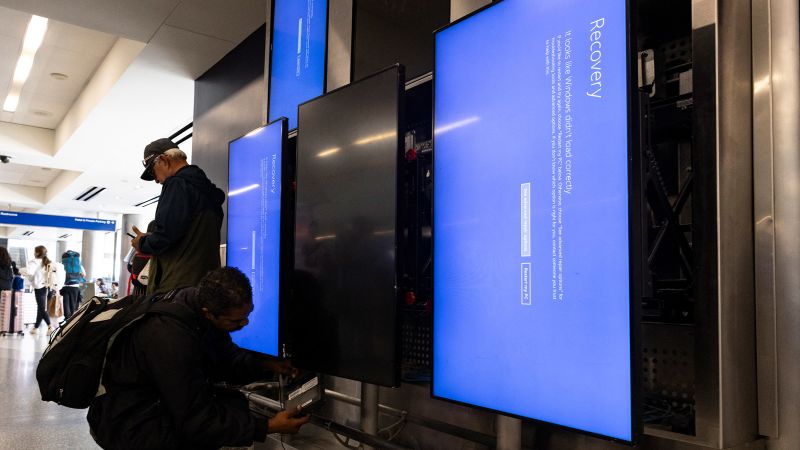- 2 Posts
- 4 Comments

 134·1 year ago
134·1 year agoBest call out in history lol

 013·1 year ago
013·1 year agoWhat the Cooper Davis Act would do
In an attempt to solve this dizzying drug crisis, the Cooper Davis Act has proposed a radical strategy: according to the most recent version of the bill text, which was shared with Gizmodo by the ACLU, the law would require “electronic communication service providers and remote computing services” to report to the U.S. Attorney General any evidence they discover of “the unlawful sale and distribution of counterfeit substances and certain controlled substances.” What this means is that large tech companies—everything from social media giants like Instagram, Facebook, and Snapchat to cloud computing or email providers—would be legally required to report certain types of drug activity (basically anything having to do with fentanyl, meth, and counterfeit prescription medications) to the federal government if the company became aware of the drugs being bought or sold on their platforms.
That might theoretically sound like a good idea but the big question is: how, exactly, are platforms supposed to figure out who is a drug dealer and who isn’t? That part isn’t made clear by the legislation. What is clear is that, under the new law, platforms would be required to surrender large quantities of user data to the government if they suspected a particular user of wrongdoing. That data would be packaged into a report and sent to the DEA and would include…
…the [user’s] electronic mail address, Internet Protocol address, uniform resource locator, payment information (excluding personally identifiable information), screen names or monikers for the account used or any other accounts associated with the individual, or any other identifying information, including self-reported identifying information…
Additionally, platforms would also have the discretion to share even more data with the government if they felt like—including private communications like DMs and emails. Meanwhile, companies that failed to report evidence of drug offenses could face steep fines. A first failure to report drug activity could result in fines of up to $190,000 per violation, while each additional offense after that could see fines of up to $380,000 per violation.


To mostly Youtuber and other social media creators.